EAST ST. LOUIS — The harsh reality is that all grocery stores are not created equal — even when they are part of the same chain.
This is part of the broad, bleak and ugly scope of food inequities, said interdisciplinary sociologist Bobby Smith II, a food justice advocate, who visited the Southern Illinois University Edwardsville East St. Louis Charter High School (CHS) April 13.
Smith, an assistant professor in the Department of African American Studies at the University of Illinois at Urbana-Champaign, discussed how disparities in the food system negatively impact Black people and poor communities, how he became interested in his field of expertise and the wide range of jobs available in the field of agriculture.
Smith’s visit to CHS was part of the third presentation of the SIUE Successful Communities Collaborative (SSCC) Speaker Series. He also gave a public presentation April 13 in the Multipurpose Room on the Wyvetter H. Younge Higher Education Campus (WHYHEC) in East St. Louis.
“In high school, I was interested in going into engineering or the medical field,” Smith told the CHS students. “But I attended a summer research apprenticeship program for agricultural sciences at Prairie View A&M University in Texas that was free.
“I was paid a stipend of $1,500. In full transparency, I was only going to make money for the summer, but the first week of the program changed my life. I learned about the process of incubating chicken eggs and literally watched a chicken develop from an egg.”
With both of Smith’s parents having grown up on and around farms in the South and the negative association of Black people with farming and servitude, Smith said his parents were initially leery. They questioned why he would want to pursue an agriculture-related career.
“It’s good to learn the history of Black involvement in agriculture,” Smith said. “It hasn’t always been a source of slavery or inequality for Black people, but it has also been a source of pride.”
“I have no desire to work on a farm. But I learned that there is agribusiness or agricultural economics.
He explained that there’s a common misconception that if you go into agriculture, you have to work outside.
“But that’s not the case. You can use your skill set and apply it to agriculture. There are a number of people who work in agriculture who have never stepped on a farm.”
It’s important to be involved in the food system, because everyone eats, Smith noted. From producing and packaging the food, to how it is transported and marketed, to where and how much it is distributed and in what condition, to how much it is priced, to how the food is prepared and cooked — it is imperative that black people are aware, involved and even have ownership in the food system.
“Food is life or death,” Smith said. “Having access to nutritious food is critical to one’s own health.”
When asked what students could do to help, Smith offered the following suggestions:
• Participate in community gardening by making sure the space is sufficient, that the soil is good, and the infrastructure is conducive to the production of fresh food.
• Prepare and encourage others to prepare foods in a healthy way, building food literacy skills.
• Help to secure resources where people can get to healthy foods or a community garden, or where healthy food can be transported to your community.
• Help to secure adequate housing and appliances for people to prepare and cook food.
“I want to think about how black people can live in a world without worrying about when and what they’re going to eat, or how they’re going to eat,” Smith said.
“My research is devoted in particular to making sure that all Black people are food secure. In particular, I’m talking about nutritious food and not highly processed foods and those high in sugar or salt. I’m convinced that if black people can be food secure, then so can other minorities and marginalized populations.”
Bobby Smith II, PhD, interdisciplinary sociologist and assistant professor in the Department of African American Studies at the University of Illinois at Urbana-Champaign.
[ad_2]
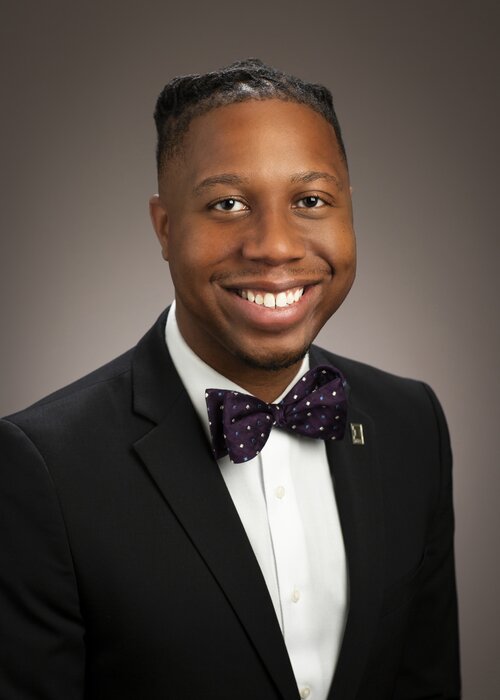

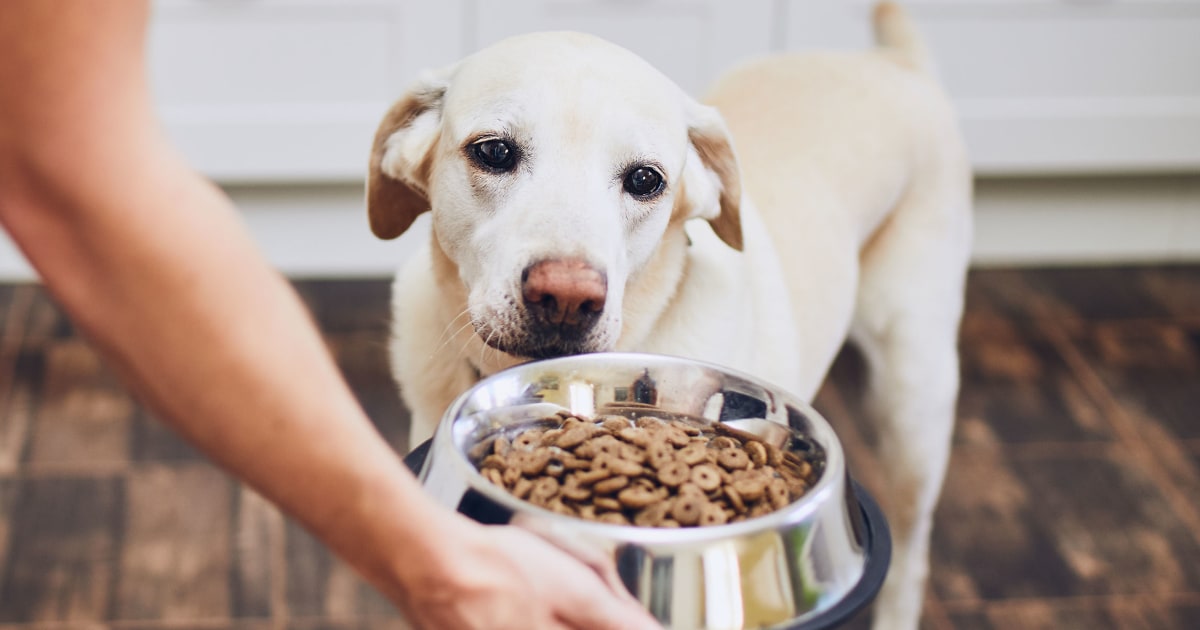
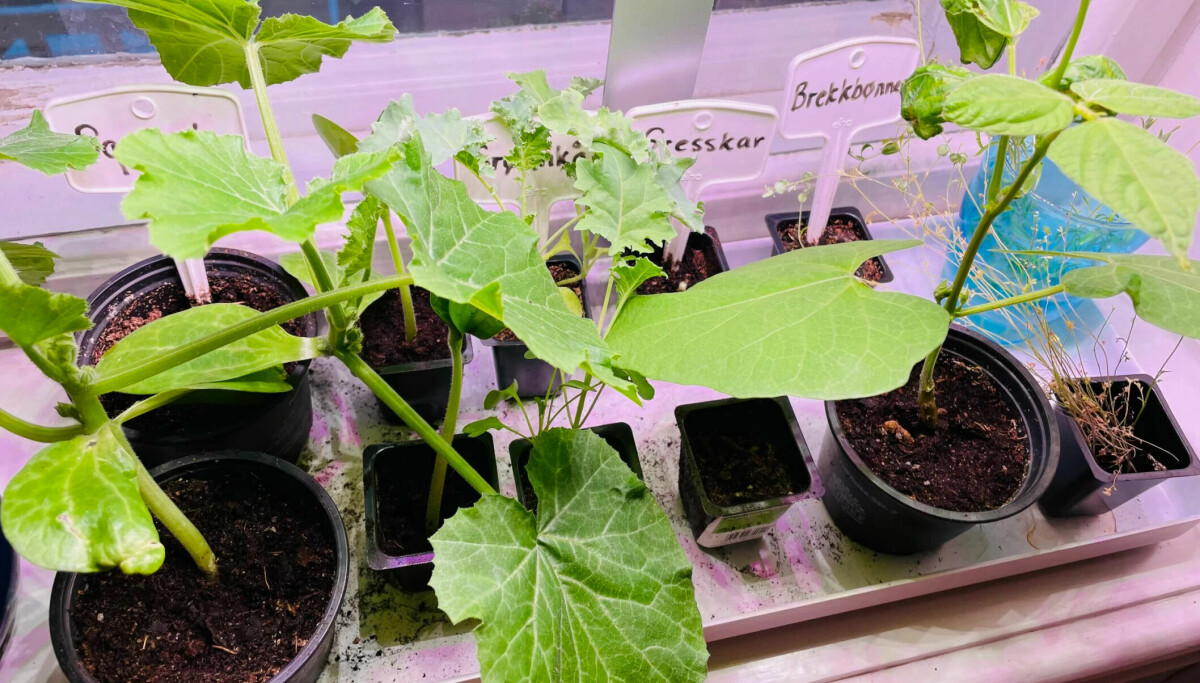
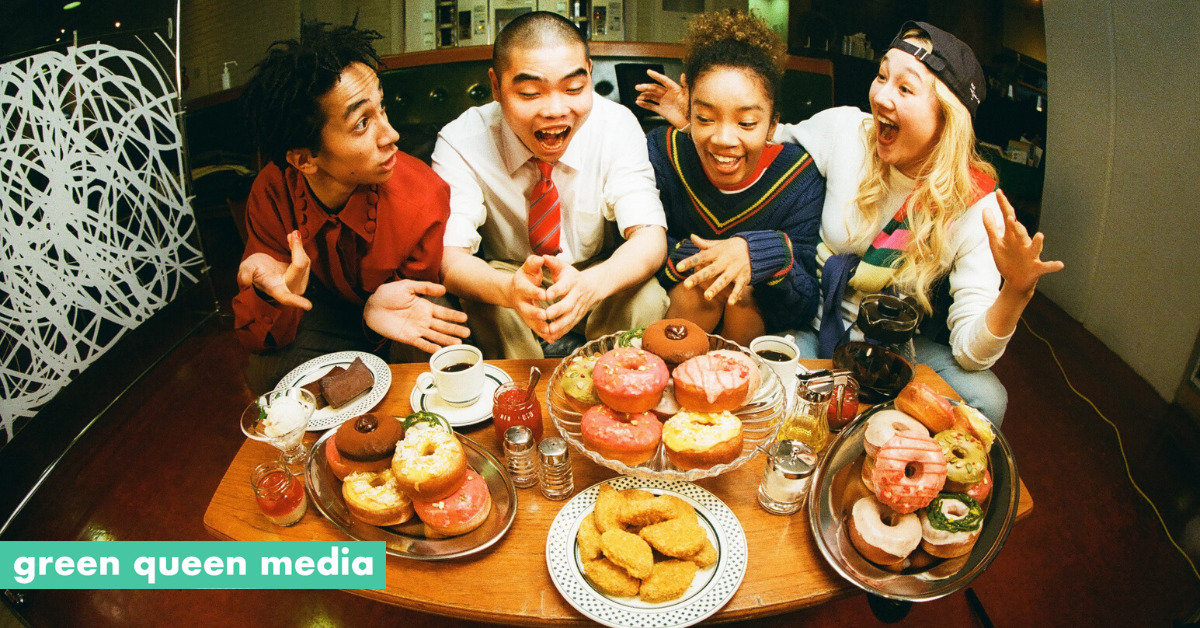
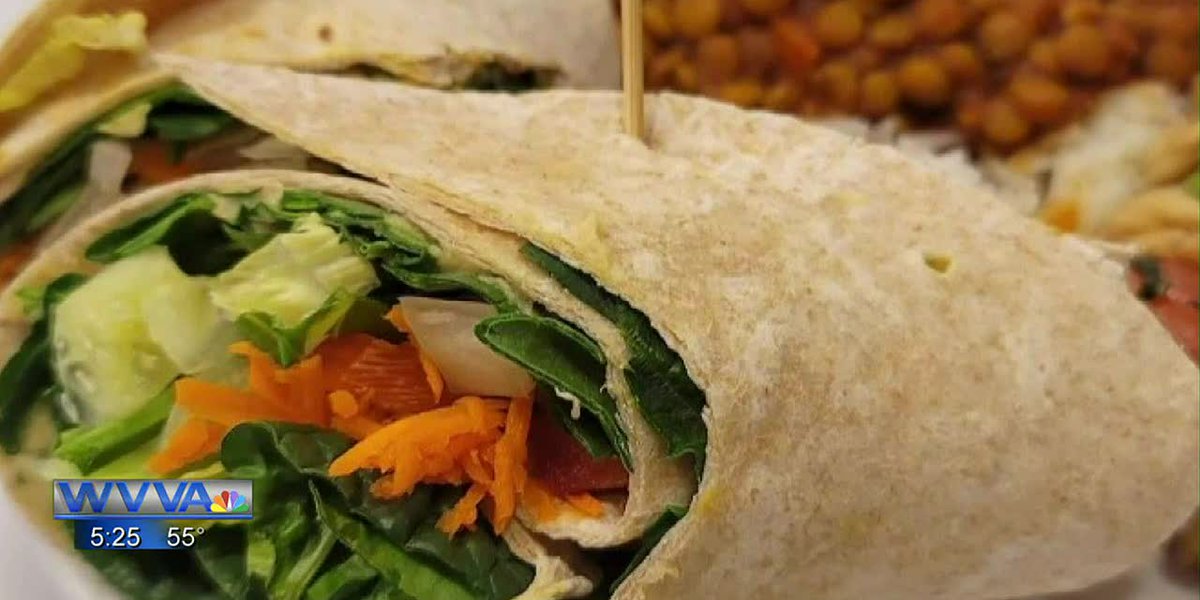
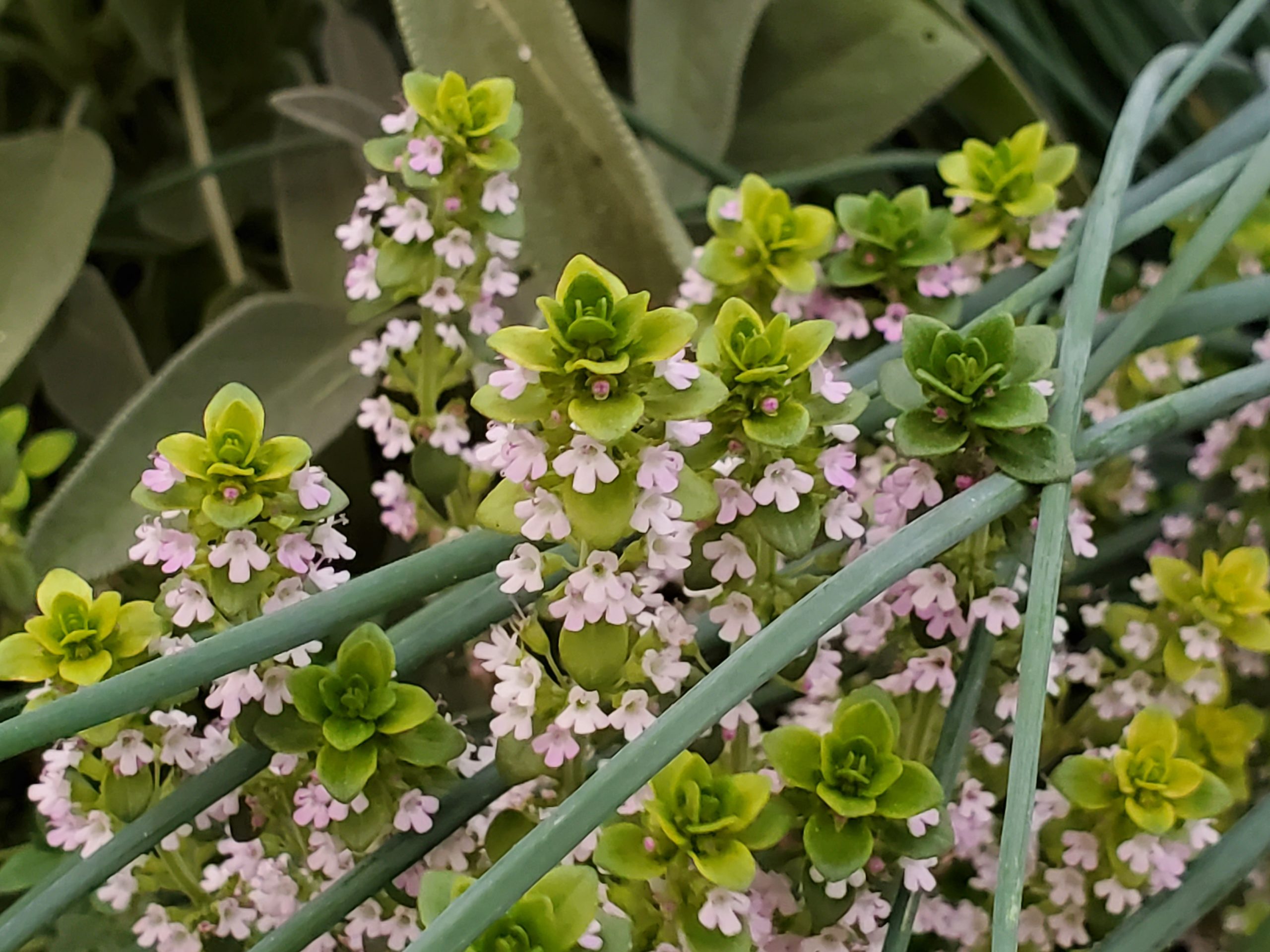
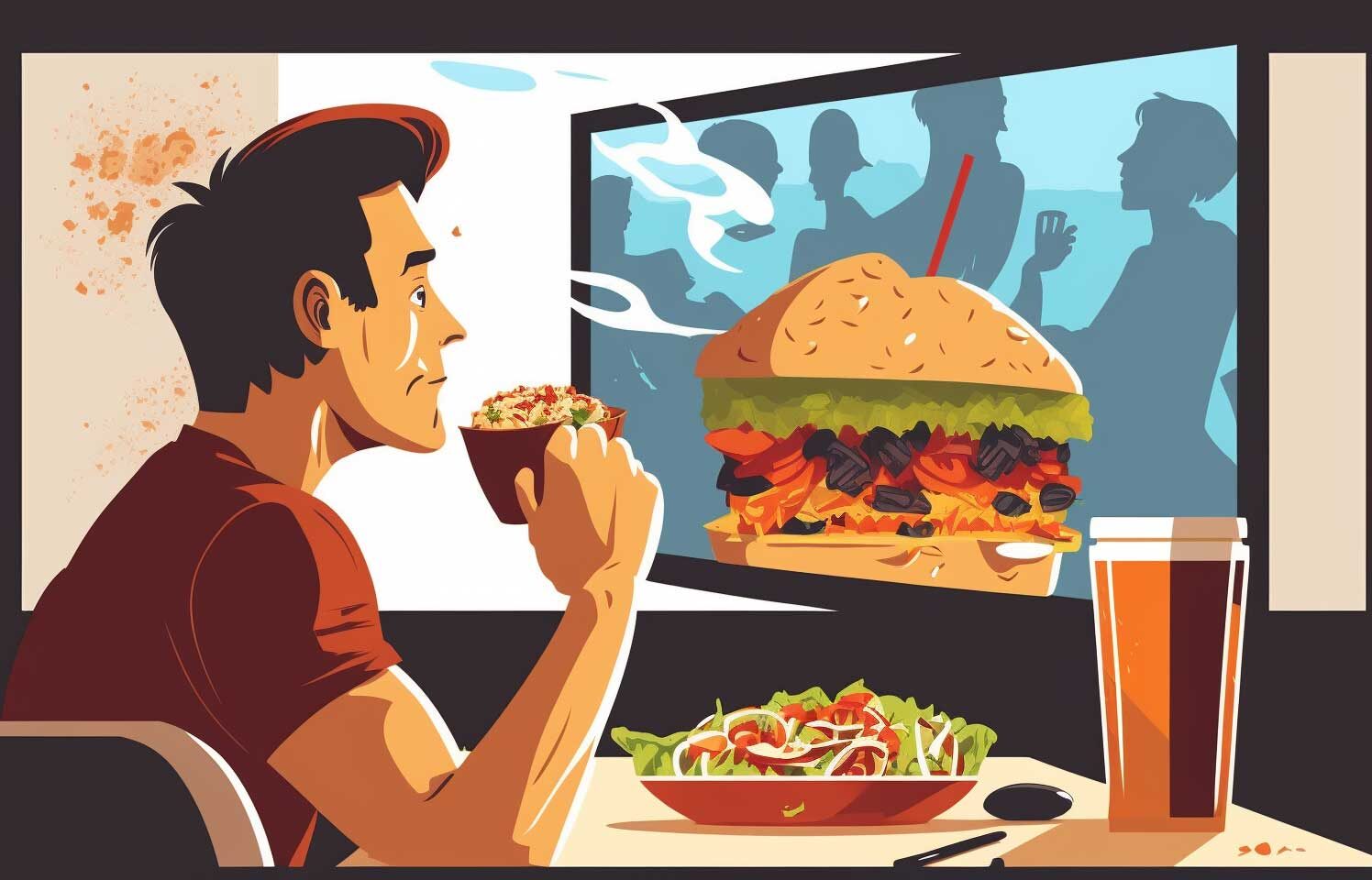




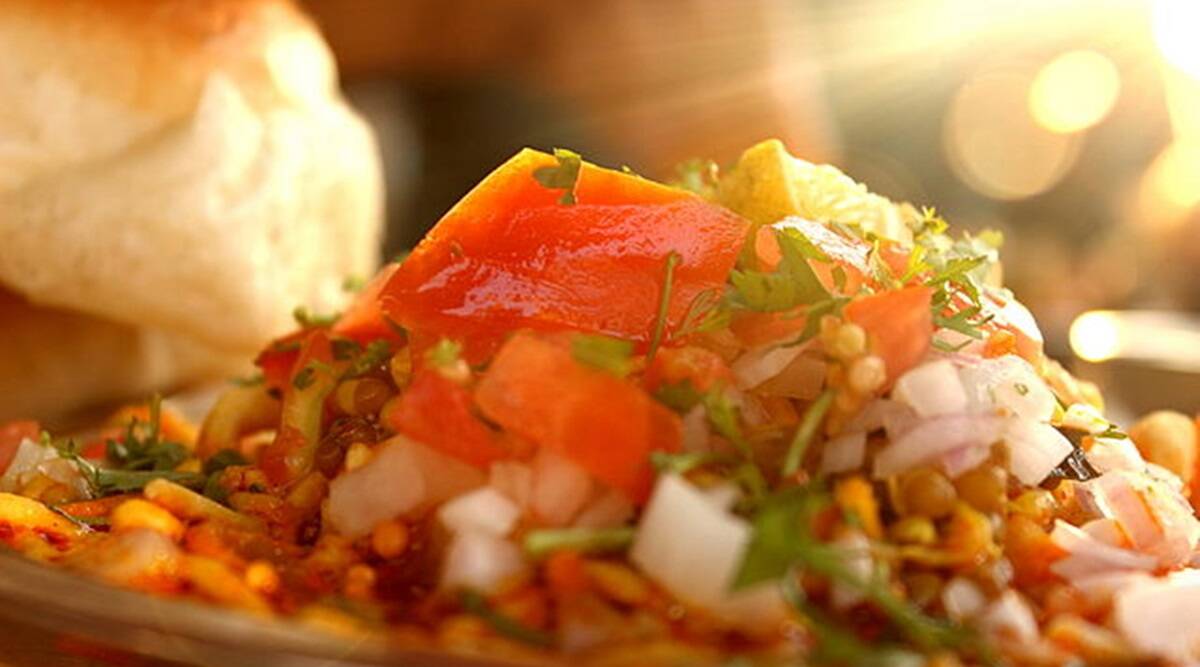
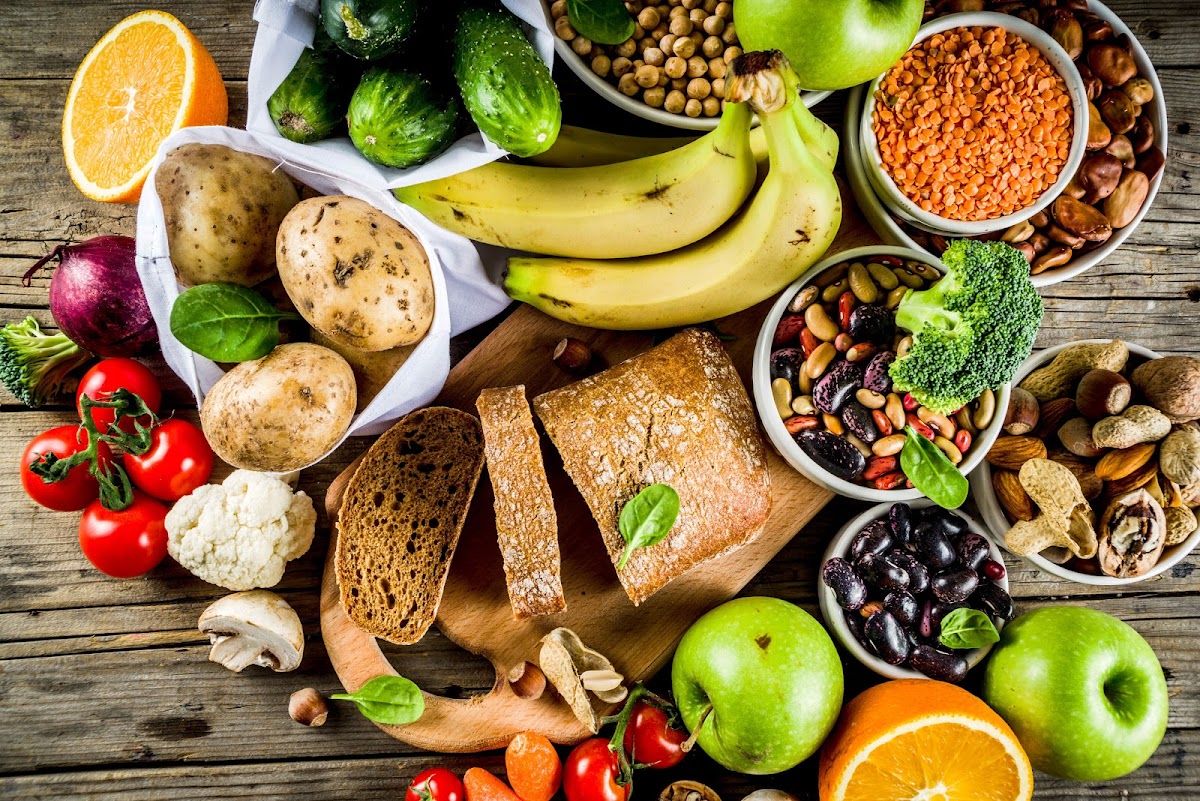

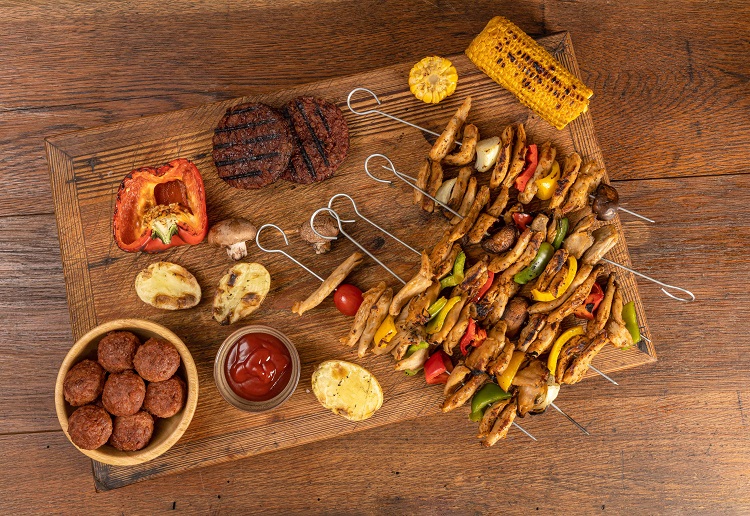



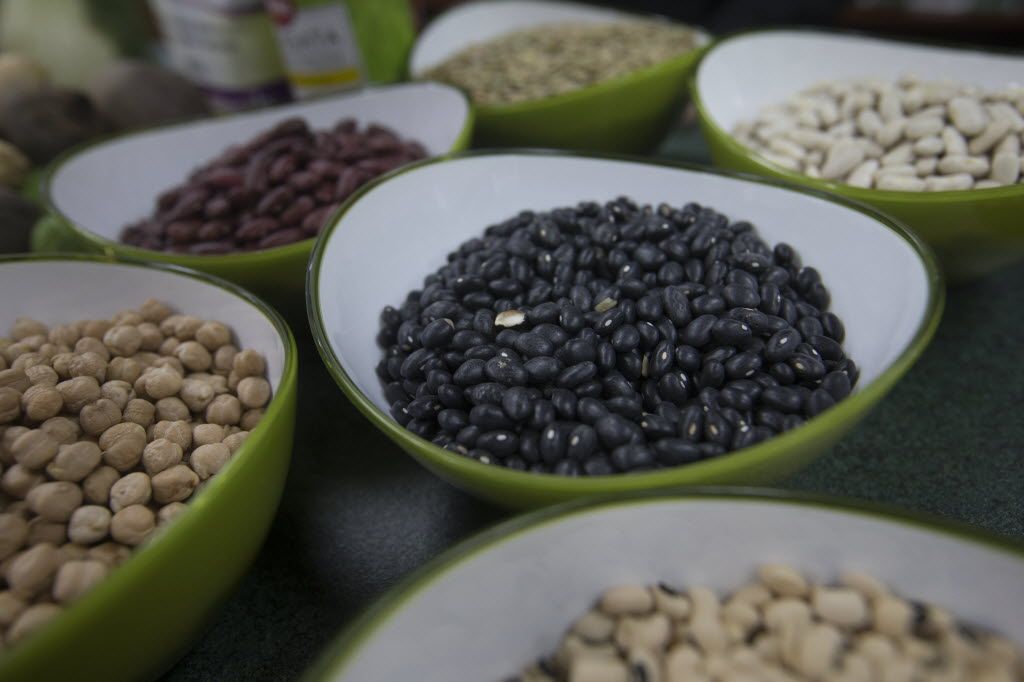





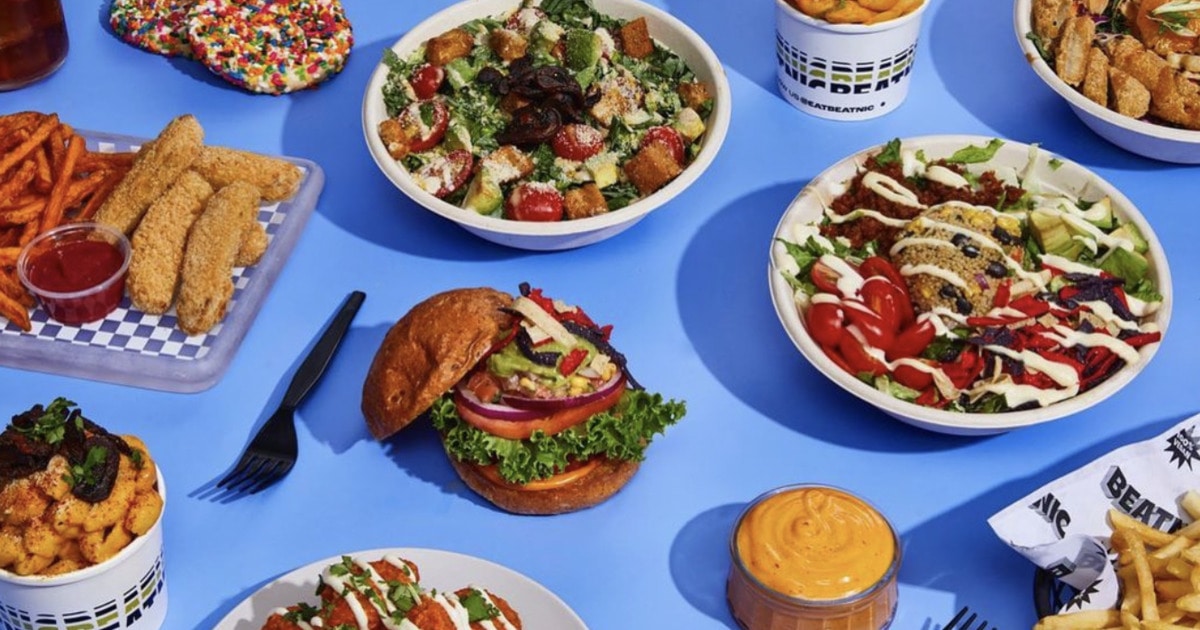
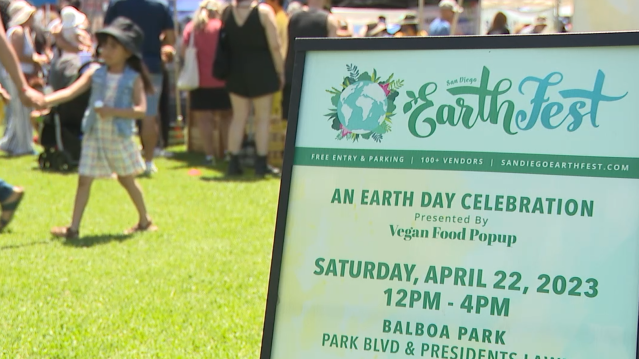






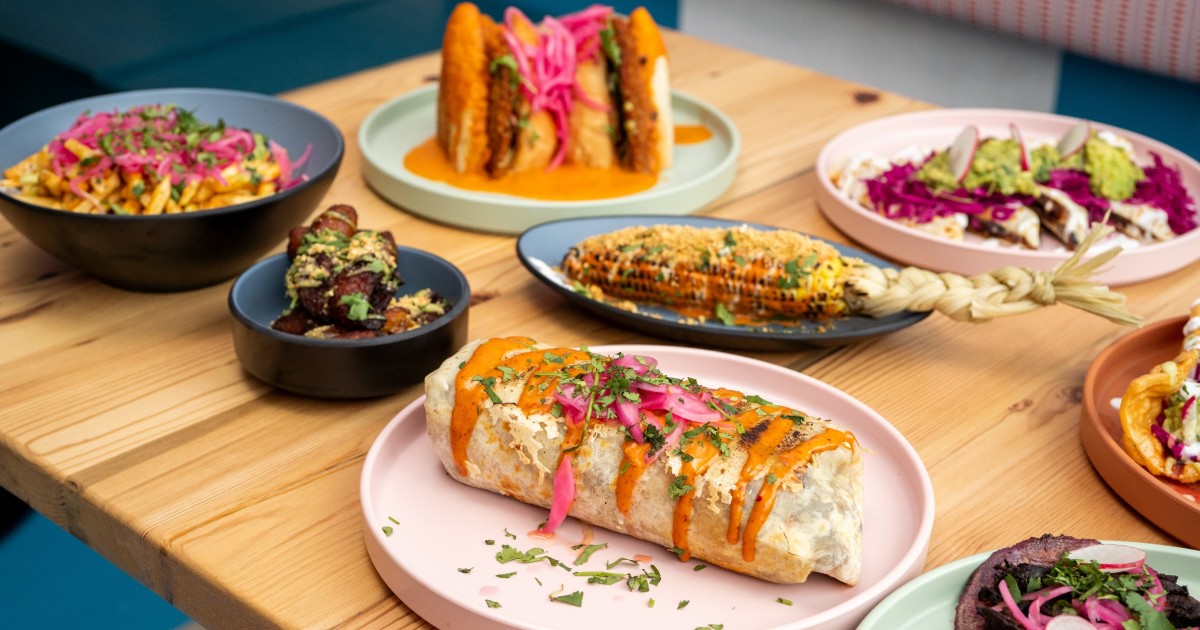
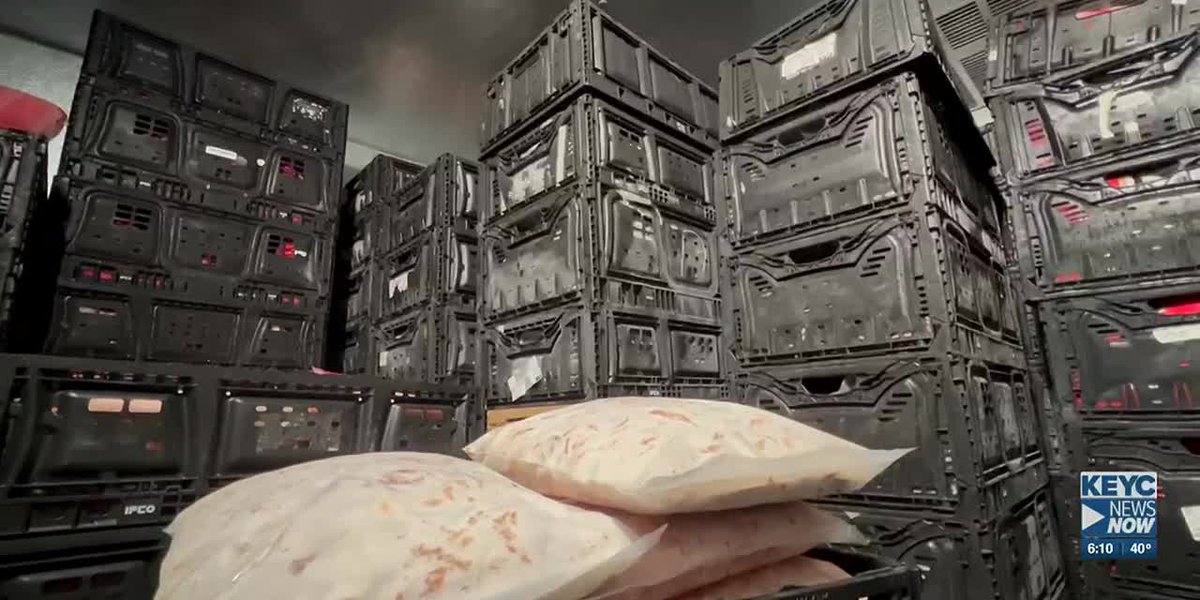
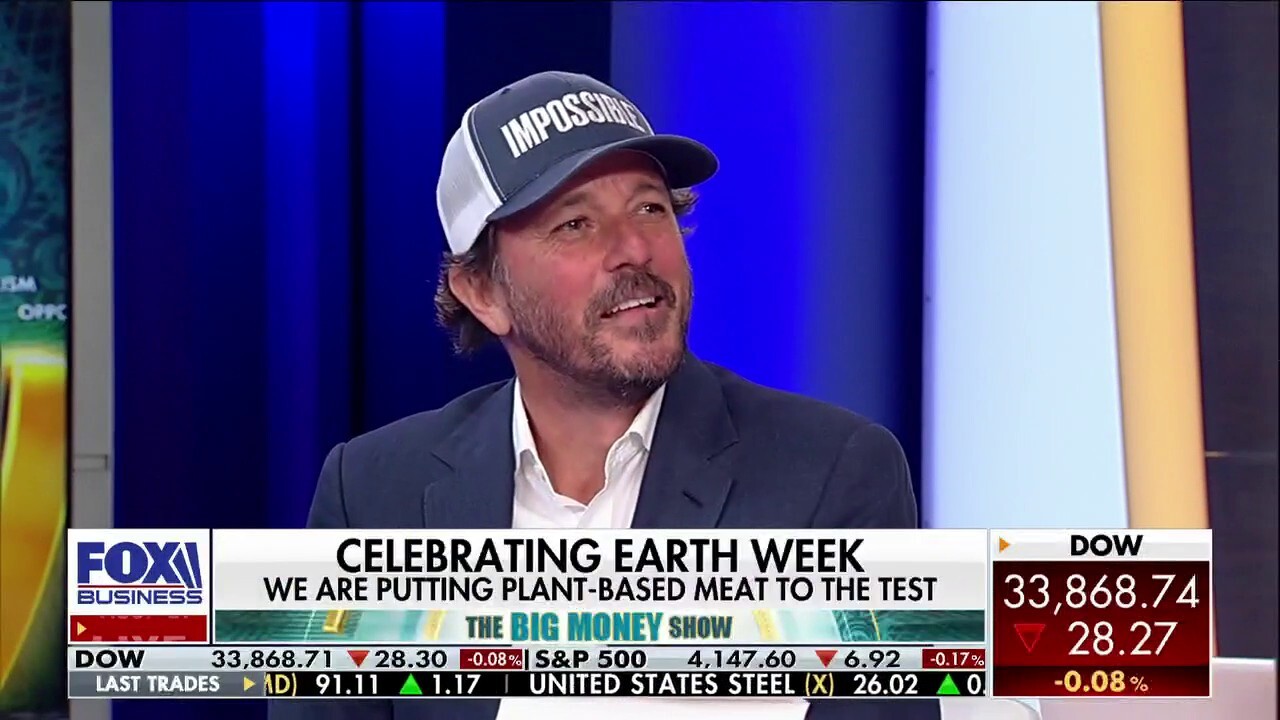
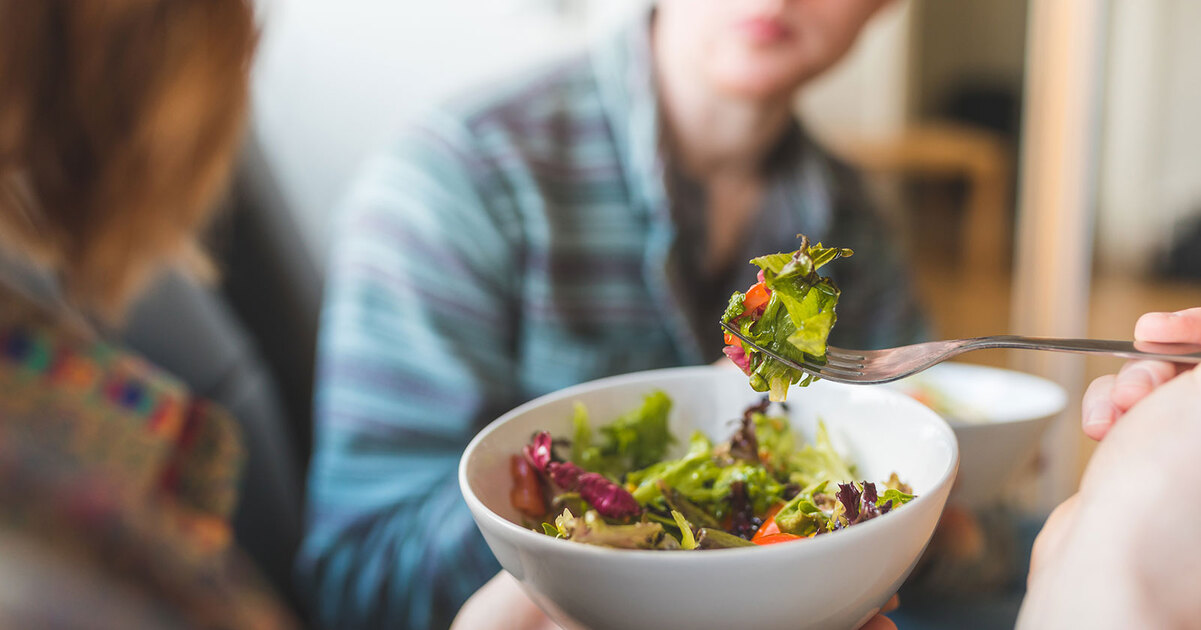



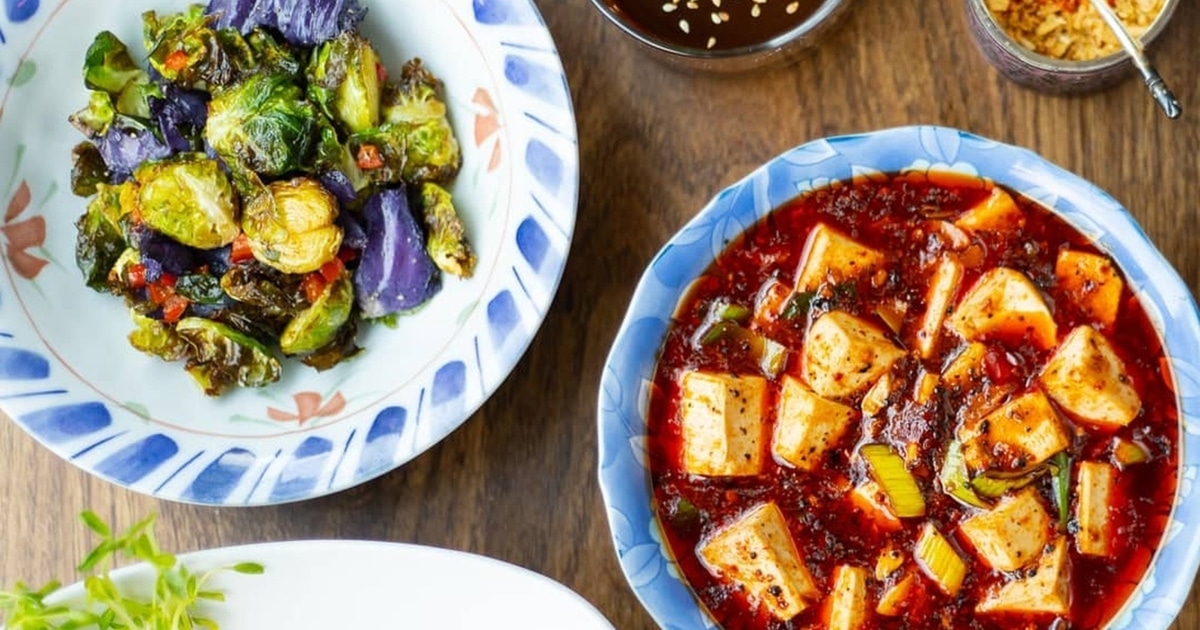
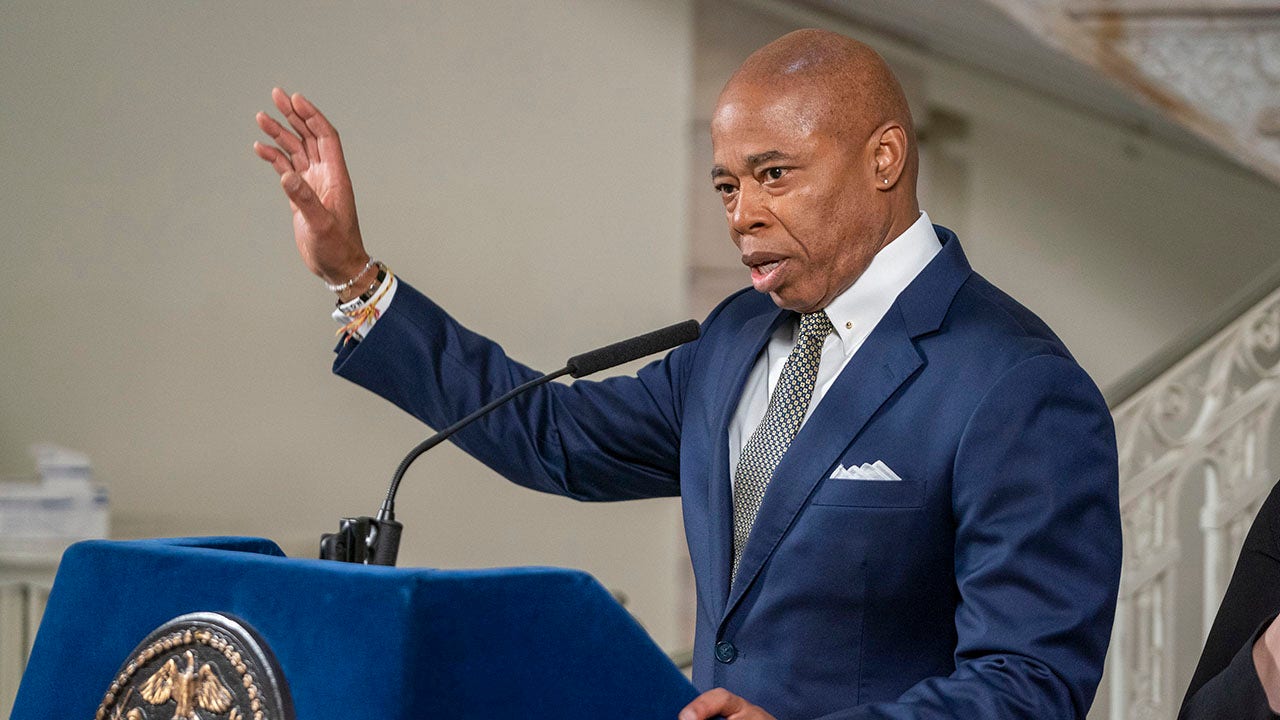

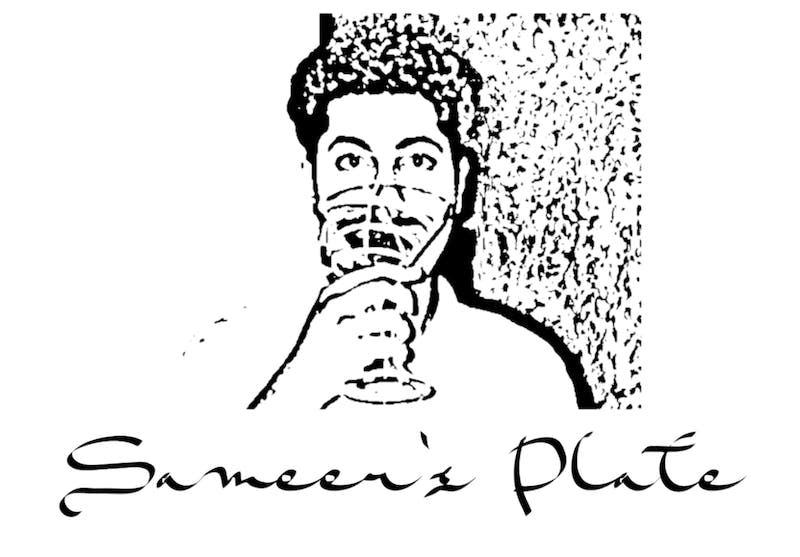
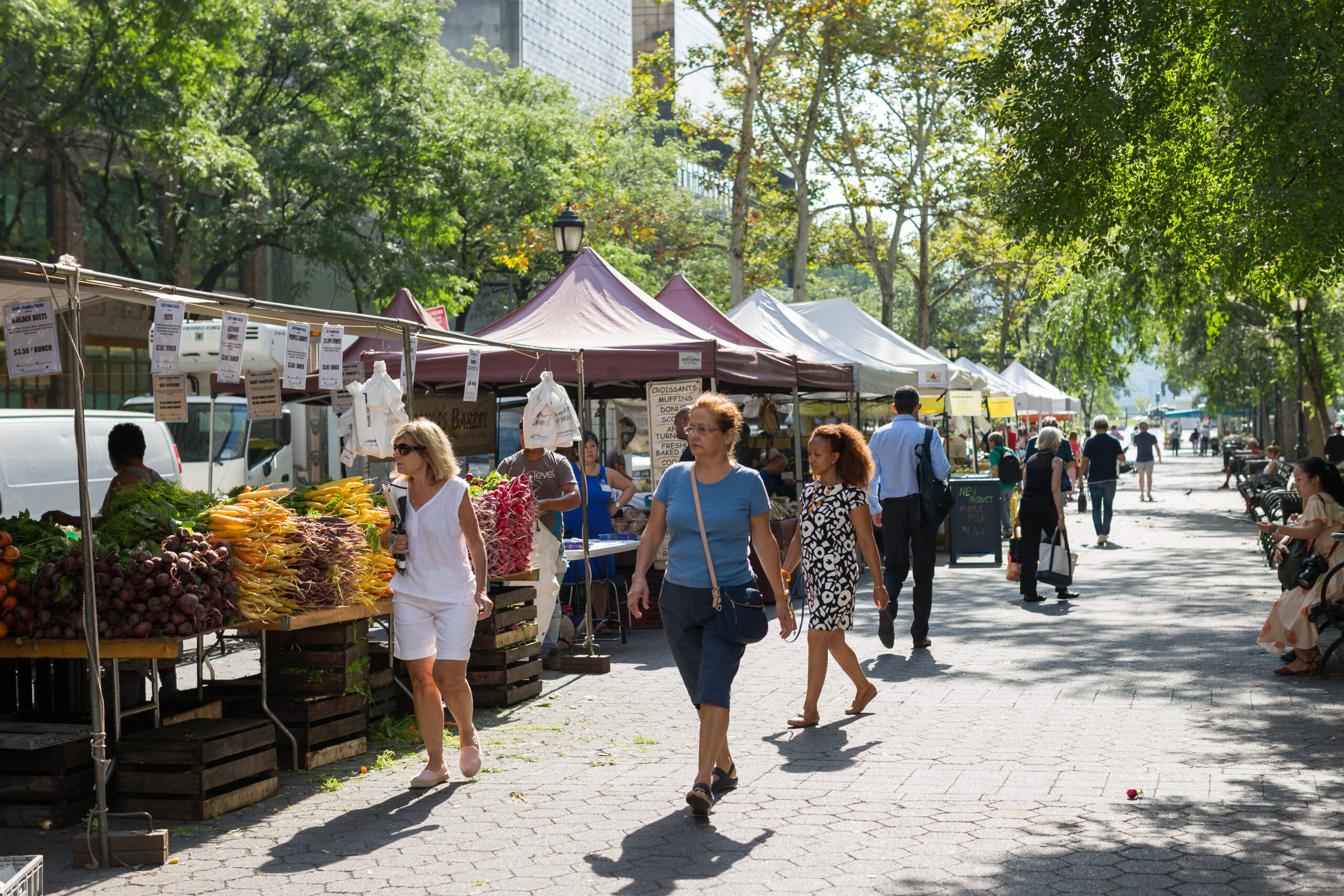
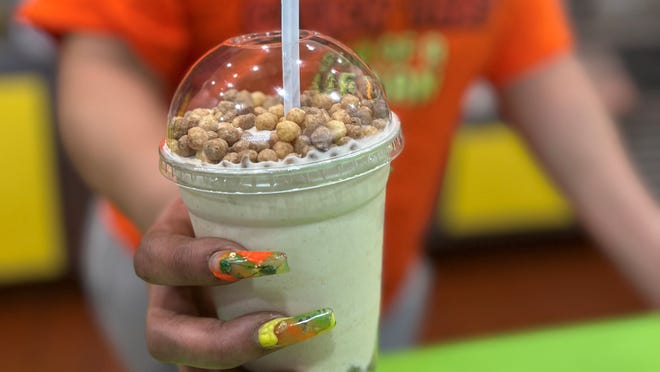


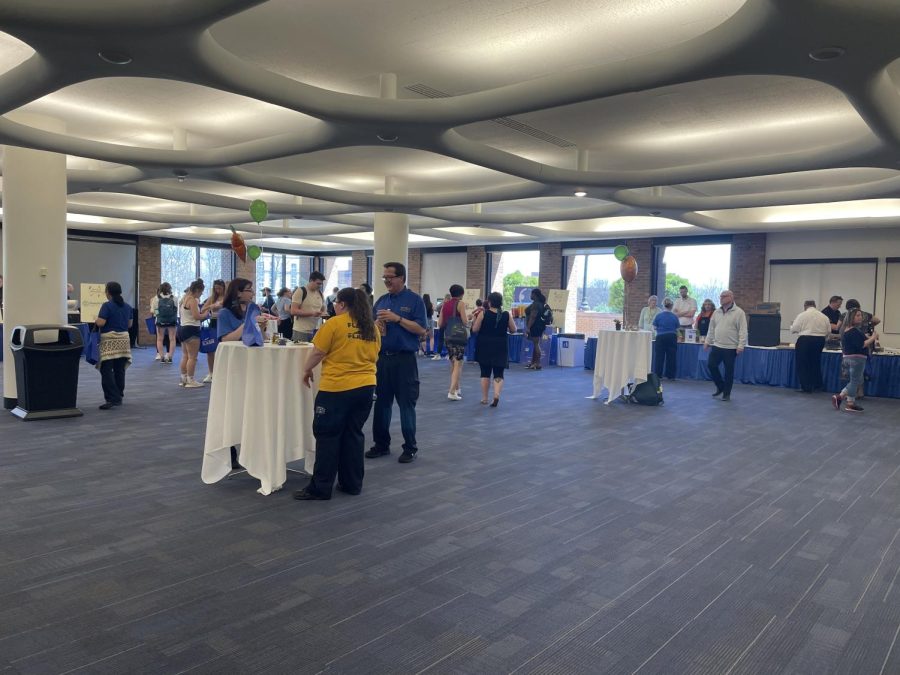
0